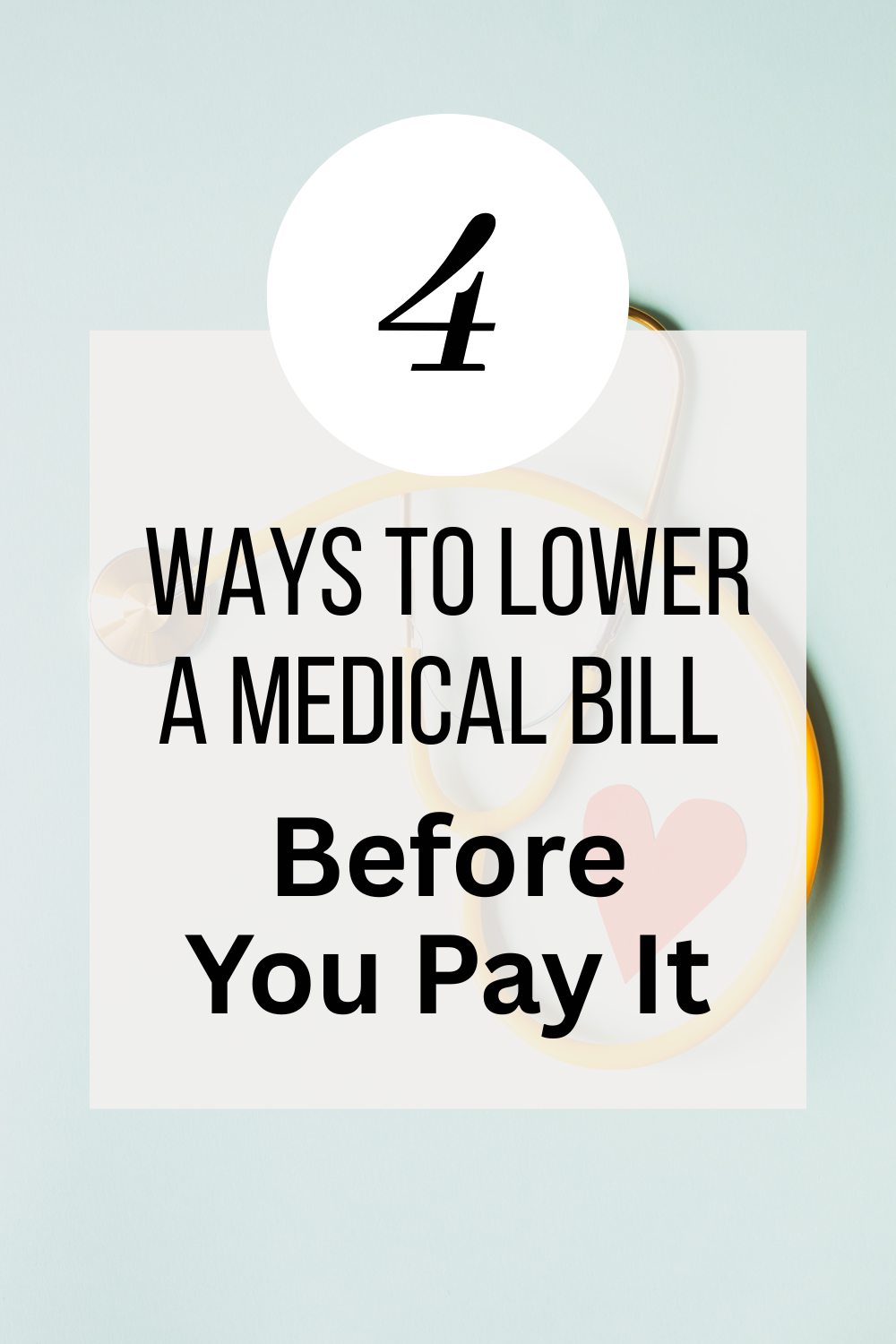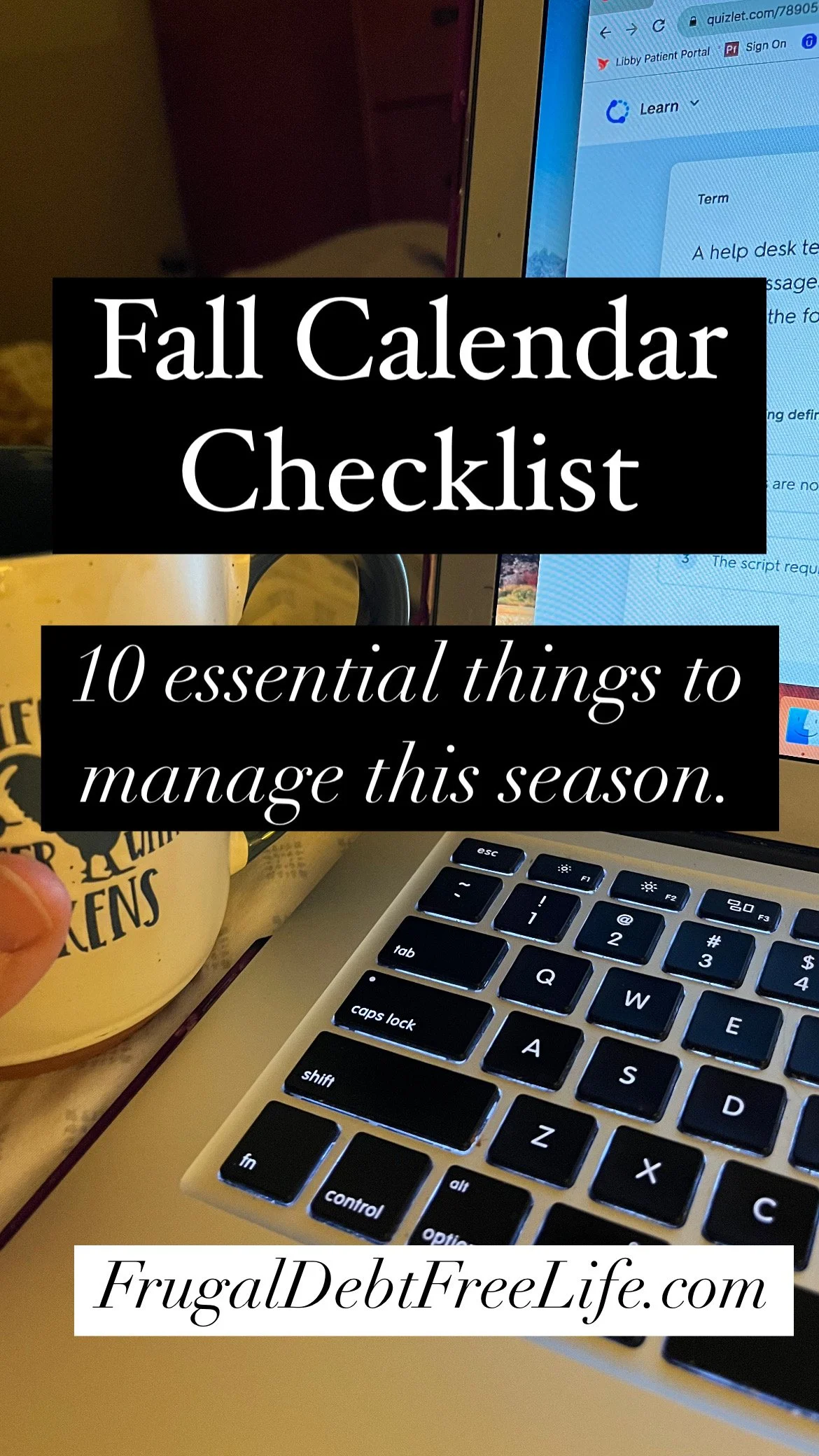Tips for getting your stuff to sell online
/Are you spring cleaning and purging? Yup. Why not make some cash off that stuff you're tossing! Today I am going to offer some tips to getting your stuff to sell! And don't forget to check out my favorite apps for selling your stuff.
1. Have the things you need on hand to actually ship your items.
Make sure you're stocked with bubble envelopes and packing tape. You can purchase both of these things from the Dollar Tree.
Also make sure your printer has ink and is ready to go.
2. Take great photos.
Open a window and find a clean, flat surface. Use a natural light source and use a white background. I put the items I want to list on a white blanket on the floor next to an open window. The natural lighting is pleasing to the eye and also shows more of your items details.
3. Write a great description.
Don't just list Ralph Lauren t-shirt. Instead list as many specific things as possible in the category. For example: Ralph Lauren size 12 purple 100% cotton t-shirt.
Using more descriptive words will guarantee that your item will show up higher on the list when people search on eBay.
When writing up your listing include every details: brand, condition, materials, color, size, defects, origin. Etc. Etc.
Think of any questions that a buyer might have about your item like dimensions and whether or not it comes from a smoke-free home and go ahead and answer all of those questions in your description.
4. Underpromise
I feel like this is just great life advice. But don't oversell your item. If it has a tear include that information, if a part of it is cracked or broken photograph that an include in your listing.
If you don't include defects your item will more than likely be returned and you will get bad feedback. Feedback is the lifeblood of eBay.
5. Ship smart
Did you know that the USPS will pick items up at your house for free?? All you have to do is schedule a pickup online.
You can also find FedEx and UPS drop off boxes in your area. Usually, they are at banks or law offices.
























